This time our conversation is about the skills and specialisms in conservation.
Did you know that within Conservation as a profession there are a multitude of different specialisms? Each of our conservators are skilled in a specific type of work, this week we talk about those specialisms and how Claire, Ruth and Nigel learn from each other.
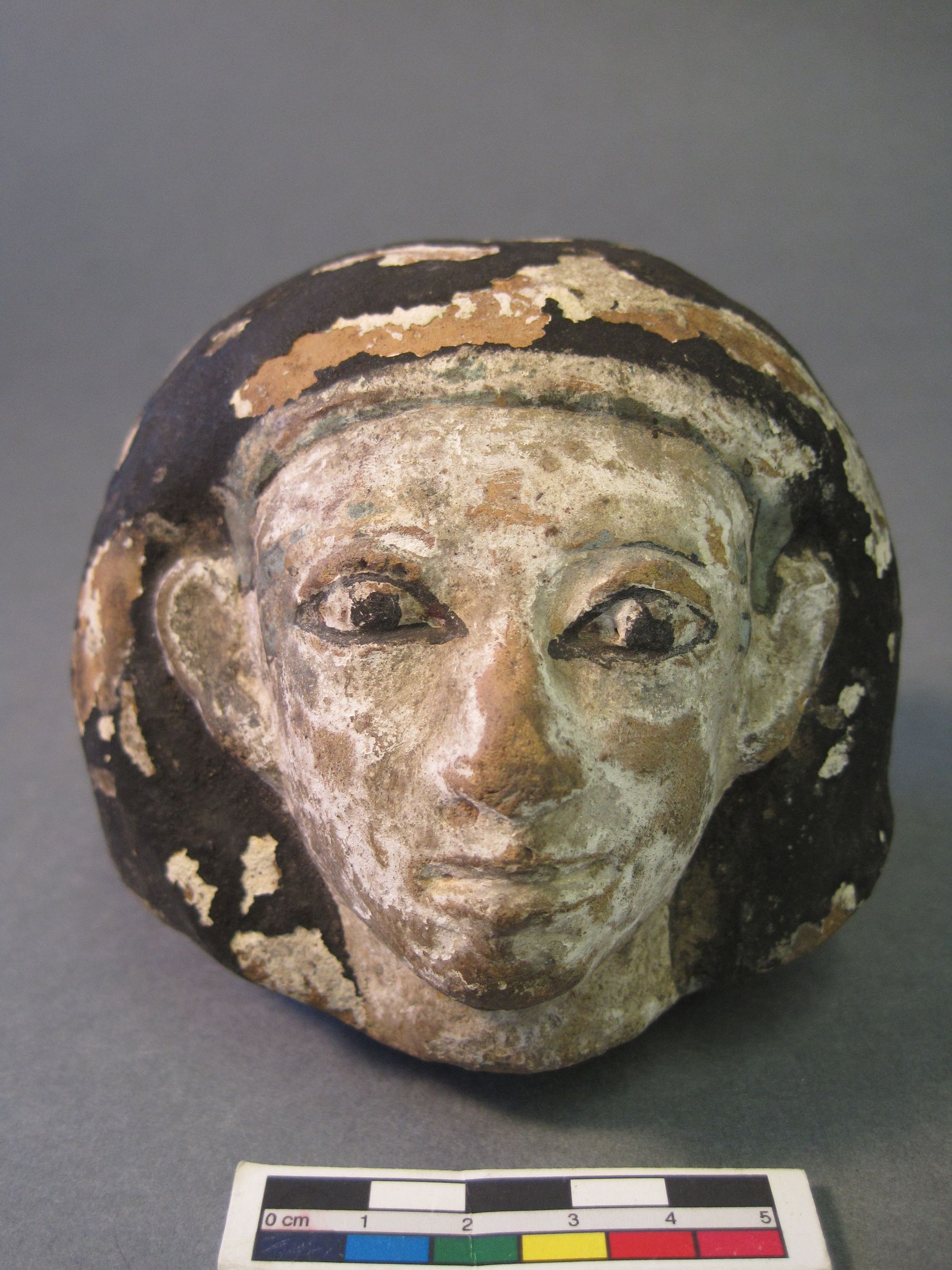
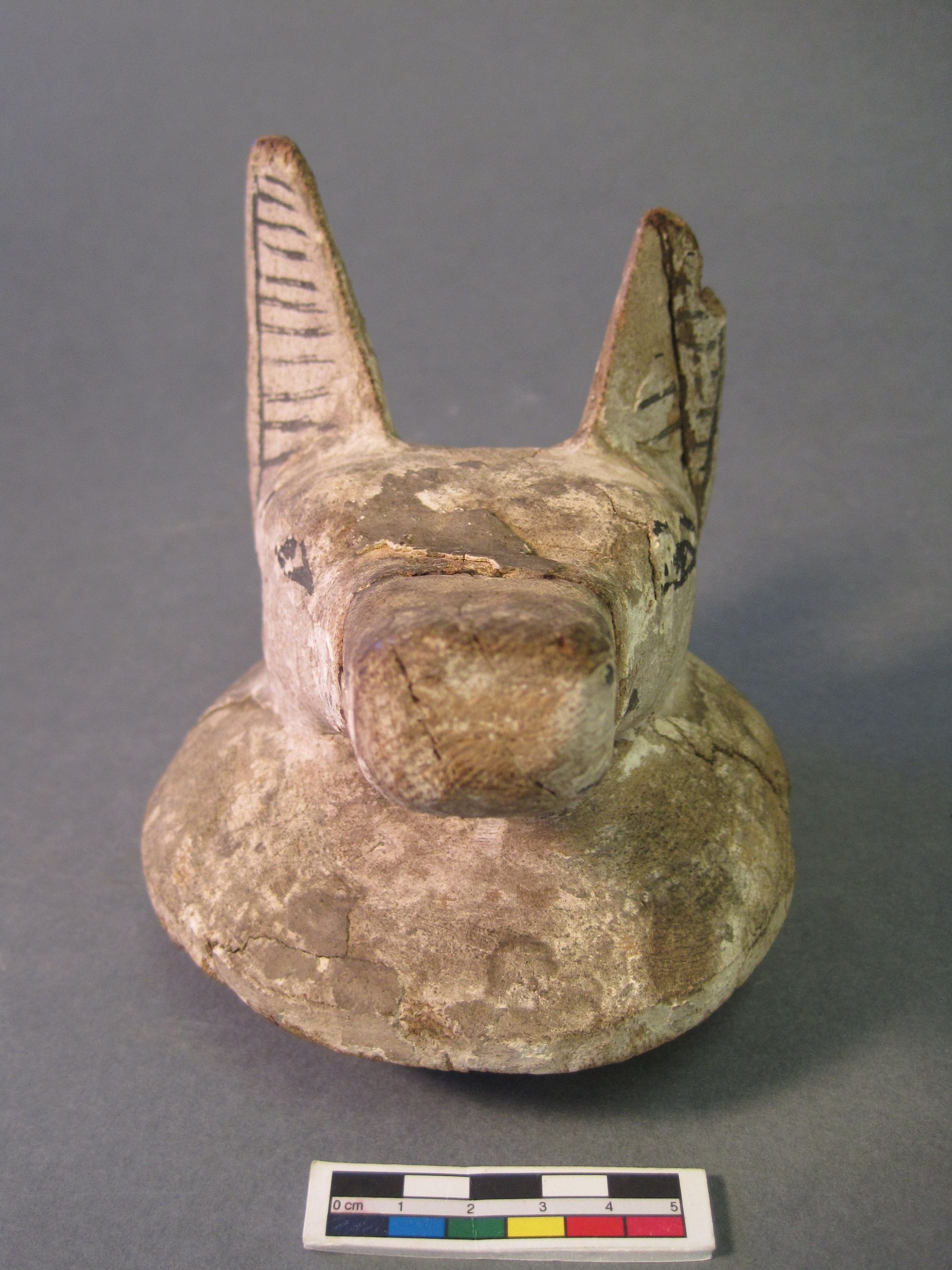
ALEX: I have a really interesting question from a friend that made me think about the future of conservation. He asked: with technology advancing and people having increasingly more digital than physical items, what do you think people will be conserving in a hundred years’ time?
RUTH: Digital code!
CLAIRE: I’m not sure many modern materials apart from plastic rubbish will last that long. I think conservators will still be conserving what we conserve now!
NIGEL: I hope our physical industrial heritage will still be cared for.
RUTH: The objects built to last with true craftsmanship.
NIGEL: Sadly it’s the skills required to look after them that are disappearing fast.
CLAIRE: You do see all sorts of new posts already, like for “time based media” conservators.
RUTH: I think the skills are going to change.
ALEX: In what way?
RUTH: I know the last accredited horological[1]conservator.
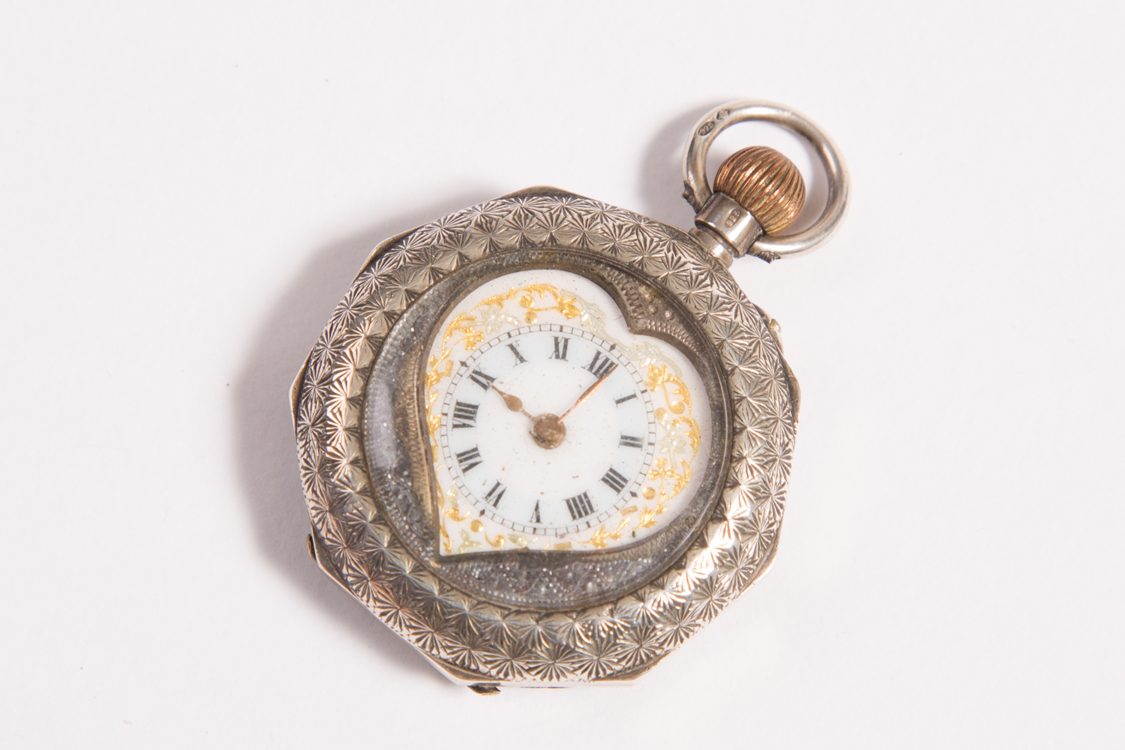
CLAIRE: At least West Dean still teaches Horological conservation as a specialism. If the courses go, there are few senior conservators in post to learn from.
RUTH: But there is no one left to accredit those coming through apart from this one conservator.
ALEX: Has there been a shift away from specialisms being taught?
RUTH: I think as conservators we adapt to what is required of us, learning new skills all the time.
CLAIRE: I think it’s seen as harder to get work as a specialist, and institutions tend to like all-rounders. Flexibility is important but so is knowledge. There has to be a balance.
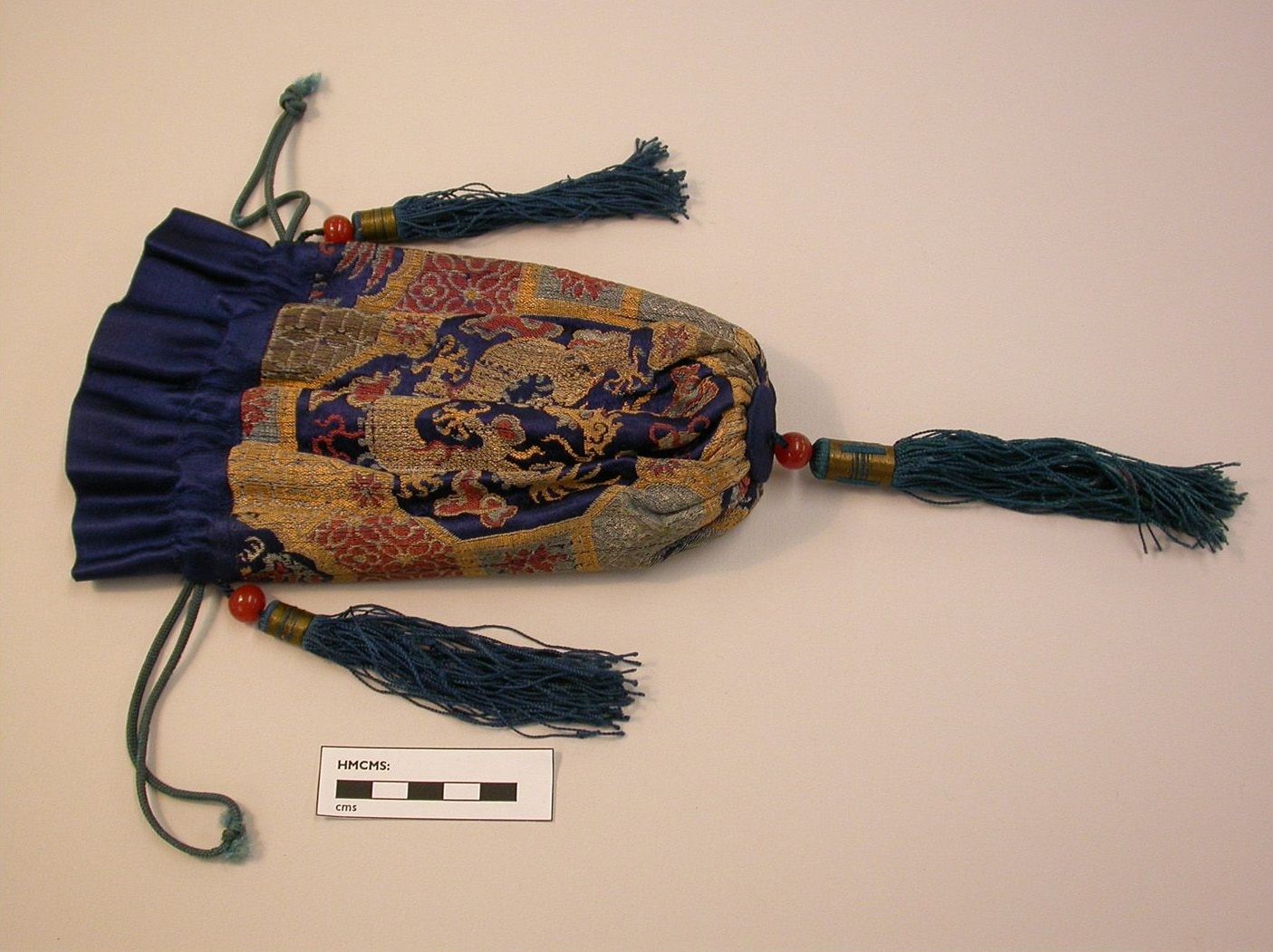
NIGEL: I’m not aware of a conservation course that teaches the skills required to look after industrial heritage. If you’re a qualified engineer, you’re not necessarily equipped for conservation. If you’re a conservator, you need vast mechanical engineering experience. You need both – it’s a balance that needs to be understood and appreciated. I believe ICON are just starting to see this.
CLAIRE: Actual bench skills are at risk. College is so short, and new conservators may have nobody to look up to and learn from as there is little career progression any more. If an institution has a senior and an assistant conservator it’s very lucky!
ALEX: Do you learn from each other?
NIGEL: All the time.
RUTH: Yep, all the time.
CLAIRE: Yes, and this highlights how important networking in our profession is.
NIGEL: Claire and Ruth have helped me greatly with documentation over the years; always an ear for support, advice and guidance when needed.
RUTH: I have learnt a lot from Nigel when going into his workshop. Claire has taught me a lot about archaeological conservation, I had done a bit but now know much more.
CLAIRE: I like to pick up tips on materials used for textile conservation from Ruth. She introduced me to Stabilitex[2]… many techniques are transferable from one type of object to another.
ALEX: Are there any crossovers in techniques between you areas of specialism?
CLAIRE: When Nigel degreases something it’s on a grand scale, no tiny swabs. But possibly the same solvent!
NIGEL: Knowledge of material science is transferable as is the best way to conserve said materials.
ALEX: I suppose the principles behind your processes are similar in terms of how you would approach conserving something and making it stable? I’m thinking the concept of slowing deterioration and being sensitive to how this is done.
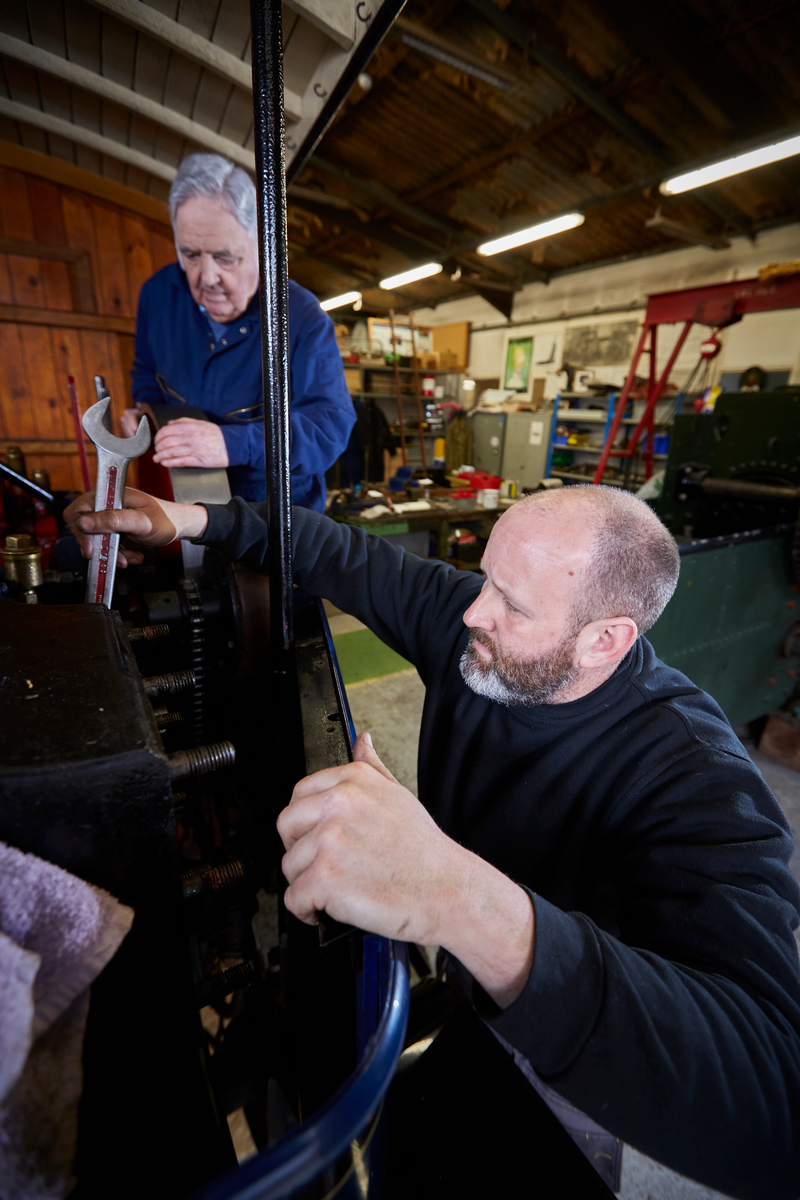
CLAIRE: You end up with an armoury of techniques and materials and you can identify which will work on what object, even if they are very different, by using your judgement and experience. But for some objects that’s no substitute for specialism. I would not go near the J-Type with anything but a very soft duster.
RUTH: Me neither.
ALEX: To be honest I wouldn’t go near any object other than with my eyes!
RUTH: That’s the best place to start.
CLAIRE: So we’re back to keeping those skills alive.
RUTH: It’s all about the skills!
If you have enjoyed Culture on Call and you are able to make a donation, any support you can give will help us keep people connected.
[1]Horological conservators specialise in clocks, watches and other timepieces.
[2]Stabilitex is a sheer polyester fabric that provides near invisible support for textile conservation.



